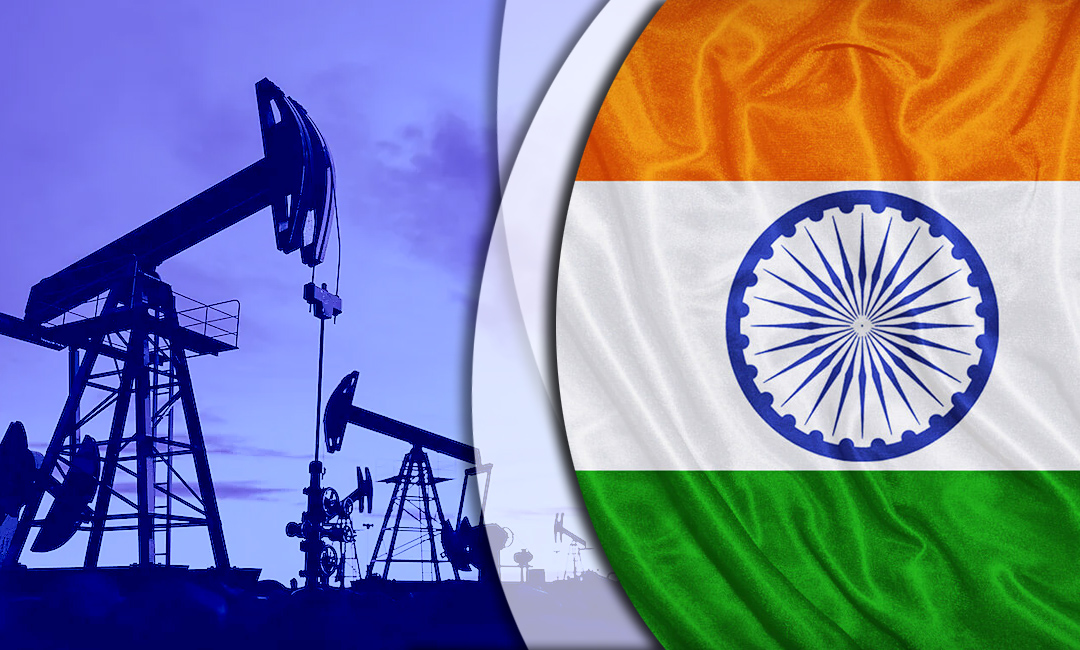Indian Refineries Halt New Orders for Russian Oil Amid U.S. Sanctions Uncertainty

Indian oil refineries have temporarily suspended new purchases of Russian oil following the U.S. sanctions against Moscow's two largest exporters, pending official clarification.
The Gaze reports on it, referring to Reuters.
After Washington announced new sanctions against Russian energy giants Lukoil and Rosneft, Indian oil refineries decided to act cautiously. They have suspended new orders until they receive clear explanations from the Indian government and their partners on how to comply with the restrictions and avoid the risk of cooperating with sanctioned entities.
India, having become the largest buyer of Russian oil after 2022 — more than 1.9 million barrels per day, or about 40% of Russia's exports — is now forced to temporarily adjust its energy strategies. Official New Delhi has not yet joined Western sanctions, but new U.S. restrictions have complicated transportation, insurance, and payment for supplies.
Despite these difficulties, the state-owned company Indian Oil (IOC) has announced that it will continue to purchase Russian oil if supplies are made through unauthorized organizations and in compliance with the price cap. Its financial director emphasized that the restrictions apply only to individual companies and shipping lines, not to Russian oil itself.
Meanwhile, other market players are looking for temporary solutions. Reliance Industries has increased its purchases on the spot market, while Mangalore Refinery and Petrochemicals Limited (MRPL) and Bharat Petroleum (BPCL) have announced or are preparing tenders to purchase crude oil from alternative sources.
"We need to ensure that our purchases are not linked to sanctioned entities as banks will not facilitate payments," a source from the Reliance said.
BPCL, which purchases about 14.6 million barrels per month, is already considering replacing part of its Russian oil supplies with Iraqi Basrah Heavy/Medium and American West Texas Intermediate (WTI), although the latter is $3–3.5 per barrel more expensive to transport.
As The Gaze informed earlier, Russia’s second-largest oil producer, Lukoil, has announced plans to sell its international assets following new rounds of sanctions imposed by the United States and United Kingdom over Moscow’s ongoing war in Ukraine.